Following the suggestion of my friend @heitorvidinhas, here are some tips for buying and owning a good pair of headphones.
Many people ask me what a good pair of headphones to buy is. Well, let’s get into it.
To start, I’m not going to talk about “in-ear” headphones here, like the ones that come with iPods.
Those are good for running without the headphones falling off, but they hurt my ear (not the outer ear, but the inner ear, the internal part), and if not well cared for, they become a repository for bacteria and microbes (never share your in-ears with anyone!!!!).
Okay, it’s fine that some people like and use them a lot. I don’t like them, I’m going to talk about headphones that cover the whole ear or part of it, the headphones I’m thinking of here are those that protect your ear, that is, non-invasive ones…
To choose and buy a good pair of headphones depends, obviously, on some factors, namely:
- 01-Price
How much do you want to spend? This is not the most important thing.
Before thinking about this, consider that your ears are sensitive and that any hearing loss you may have due to loud sounds, noises, etc., will not come back over time.
In other words, once it’s lost, it’s lost.
You become deaf.
I myself, with constant use of headphones at parties, where the sound is loud as hell and I have to increase the headphones even more to try to hear the music I want to play, already have some hearing problems in my right ear (-3dB in the treble region above 6,500 Hz).
By the way, people first lose the treble, then the bass, and then the midrange… don’t ask me the logic behind this, it’s better to ask your doctor.
So, back to the price.
Is 20 bucks good? Excellent, but are the headphones good? Will they last?
Is 75 reais a good investment? Theoretically yes, but theoretically no.
Price cannot be the determining factor for buying headphones…
For example, the one I currently use, the HD-25 from Sennheiser, is on sale HERE. Expensive? It’s an excellent headphone!
Good headphones, above all, are those that:
- 02-Fit right on your head – It’s no use having cheap headphones that are loose or squeeze your head too much.
- 03-Don’t squeeze the ears – There’s nothing worse than wearing headphones all day and ending up with red and burning ears because the headphones are squeezing you. Plus, it ends up hurting you in the long run.
- 04-Don’t rub against the ear – In addition to not squeezing, you have to see if the internal protection of the headphones doesn’t rub against the folds of the ear. This can create a horrible and purulent wound in the long run as well.
- 05-Are light – If you want to be a “massive user” of headphones, they have to be light. At the end of the day, your neck will thank you…
- 06-Have soft padding – The headphone casing, the part that actually comes in contact with your head, has to be soft, malleable, like a cushion. Hard ones only hurt around the ear.
- 07-Are harmonious in terms of bass, midrange, and treble – Don’t buy headphones “that have a big bass” because you lose the reference of what bass is and get your ear used to hearing increasingly bass-heavy music. The headphones have to be harmonious. If a song has more treble than bass, this should show in the headphones. Forget the concept of “car sound that shakes the ground”. That’s good for tuning competitions, terrible for your references and for your ear in the end.
- 08-Impedance – Look for this on your headphone box. Even though it’s wrong to listen to loud sound, many people do. Impedance is how much the headphones can handle when turning up the volume. The famous “can it take a beating?” Even if you don’t listen loudly, high impedance gives greater clarity to low sound. Professional headphones have 64 ohms on average. A good number is already 25 ohms. Below that, it’s not worth it.
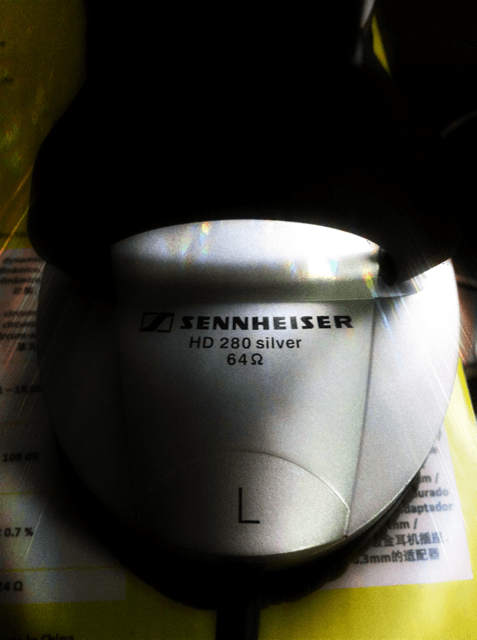 This one has 64 ohms of impedance. Look at the symbol.
This one has 64 ohms of impedance. Look at the symbol.
09-Does it have a long wire or is it wireless – One or the other. If it’s wireless, consider where you’ll be listening to music with headphones, if a wireless connection is feasible, and if there’s no interference from other devices in the area. When in doubt, buy one with a long wire, even if you have to tie up the wire to use it near the computer. If you happen to want to get up from the desk and continue listening to music, the wire needs to be long. At least 2 meters of wire. Don’t buy those with auto-retractable wires. It’s annoying to have the wire pulling you towards the connection all day long. It irritates in the short term. And there are those with old telephone-type wires. They’re great.
10-Has connection options – The headphone plug is that small one (banana) with a fitting for the large connector (big banana). If you’re going to listen on the computer, use the small plug; if you’re going to listen on the DVD player or home stereo, use the large fitting. It has to be a fitting that makes a “click” every time you use it. Otherwise, it keeps slipping out and it’s a pain too… or it should be screw-on like in the picture above.
I think that’s it.
If you can find headphones that combine all these features and fit your budget, you can buy them.
The headphones I use here are these, from Sennheiser.
Light, noise-cancelling, excellent sound response, and very good impedance.
Well, I hope this helps with your future purchase of a good pair of headphones.
And when you buy your headphones, take very good care of them!!!
Always store them in a place away from heat, wipe them clean, keep the leather of the ear pads well hydrated, read the manual to know how to keep them always like new!!!
And enjoy. A good idea is to get old vinyl or CD and listen on the headphones. If you’re used to listening to mp3, you’ll be surprised by the amount of sound you don’t hear because of the low quality (of both the headphones and mp3).
I remember I used to love listening to Ozma, If I only had a heart in mp3.
I bought the CD and listened with the HD280. The number of different sounds that appeared was incredible! The perception of the mix was also different.
Have fun!
Cheers,
Billy.
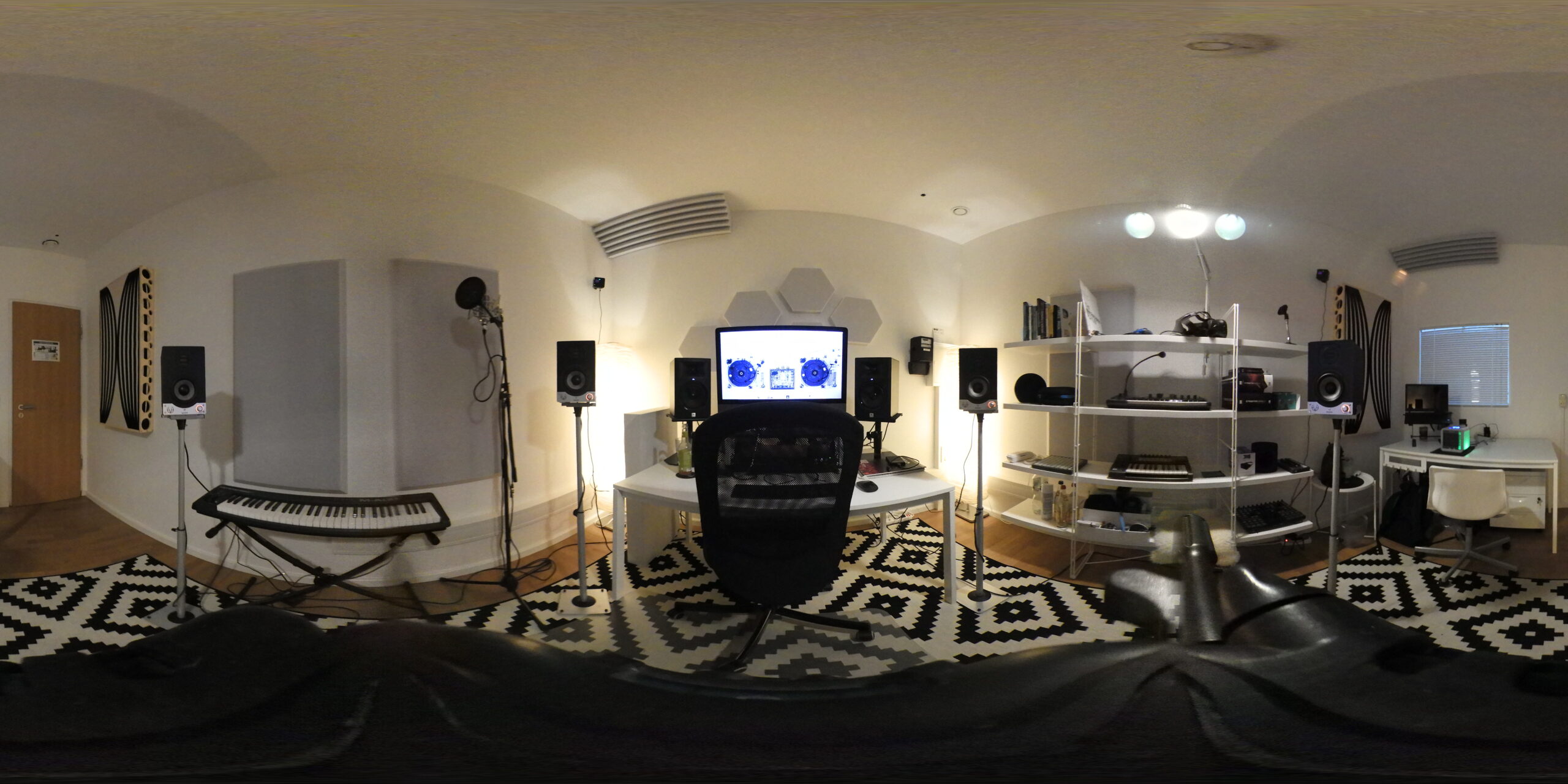
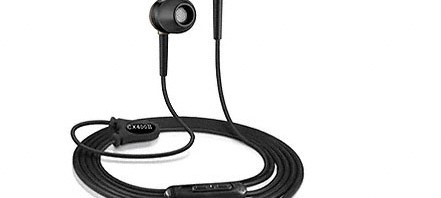
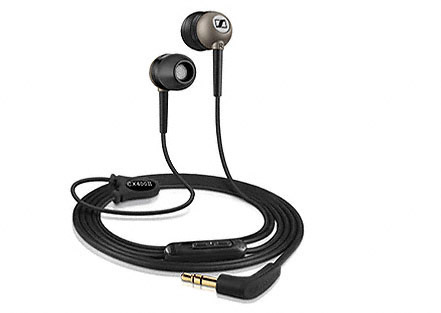
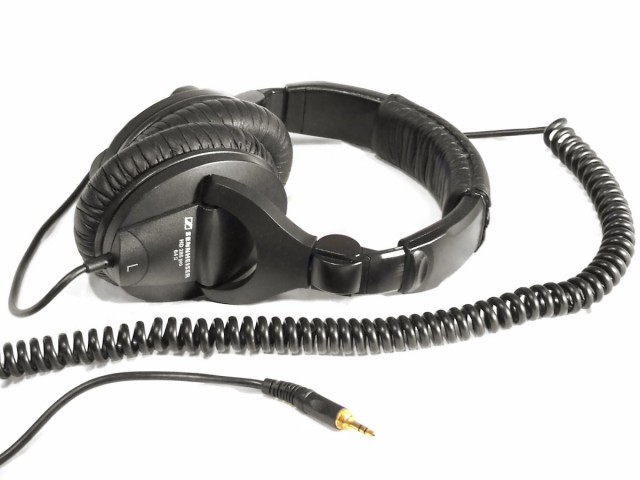
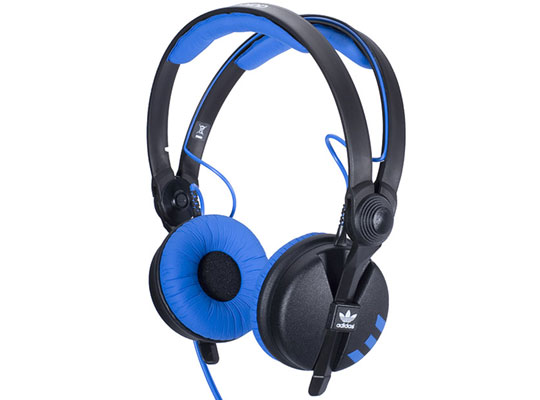
Leave a Reply